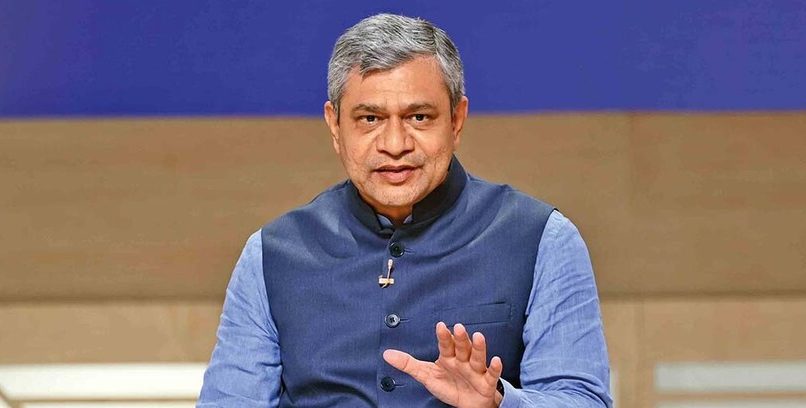Electronics and IT Minister Ashwini Vaishnaw, inaugurated India’s first large-scale lithium-ion battery manufacturing facility at Sohna in Haryana. The project, set up by TDK Corporation with an investment of nearly ₹3,000 crore, under the Centre’s Electronics Manufacturing Cluster (EMC) scheme, is envisaged to play a crucial role in fulfilling the domestic demand for advanced battery technology in India.
The plant is to produce around 20 crore battery packs every year, which is around 40% of the country’s requirement of 50 crore cell packs each year. These batteries would be used in smartphones, laptops, smartwatches, earphones, and other wearables, thereby limiting imports and strengthening the self-reliance factor of the nation in electronics manufacturing.”
During the launch, Vaishnaw highlighted the government’s vision of creating a robust electronics ecosystem in the country. “Whether it is semiconductors, PCB assemblies, batteries, or camera modules-every component will be Made in India in the coming years; establishment of such great technology facilities is a huge milestone for self-reliance,” he said.
The initial phase of production at Sohna would begin in the last quarter of 2025, with the operations slowly scaling up to reach full capacity. The project will create a large set of employment opportunities, and about 5,000 direct jobs will be created. Training of the workforce has already started at the TDK At Bawal facility in Haryana.
TDK, a worldwide leader in electronic components with manufacturing facilities in over 30 countries, has brought its expertise to India through this investment. Acknowledging the support of the Haryana government, Vaishnaw said the state has been instrumental in facilitating new electronics manufacturing projects.
The inauguration was hailed as a significant turning point in India’s development into a global electronics hub in an official statement. It was claimed that any project, whether in PCB assemblies, batteries, or semiconductors, would lessen the nation’s dependency on imports while enhancing its expanding position in global value chains.







